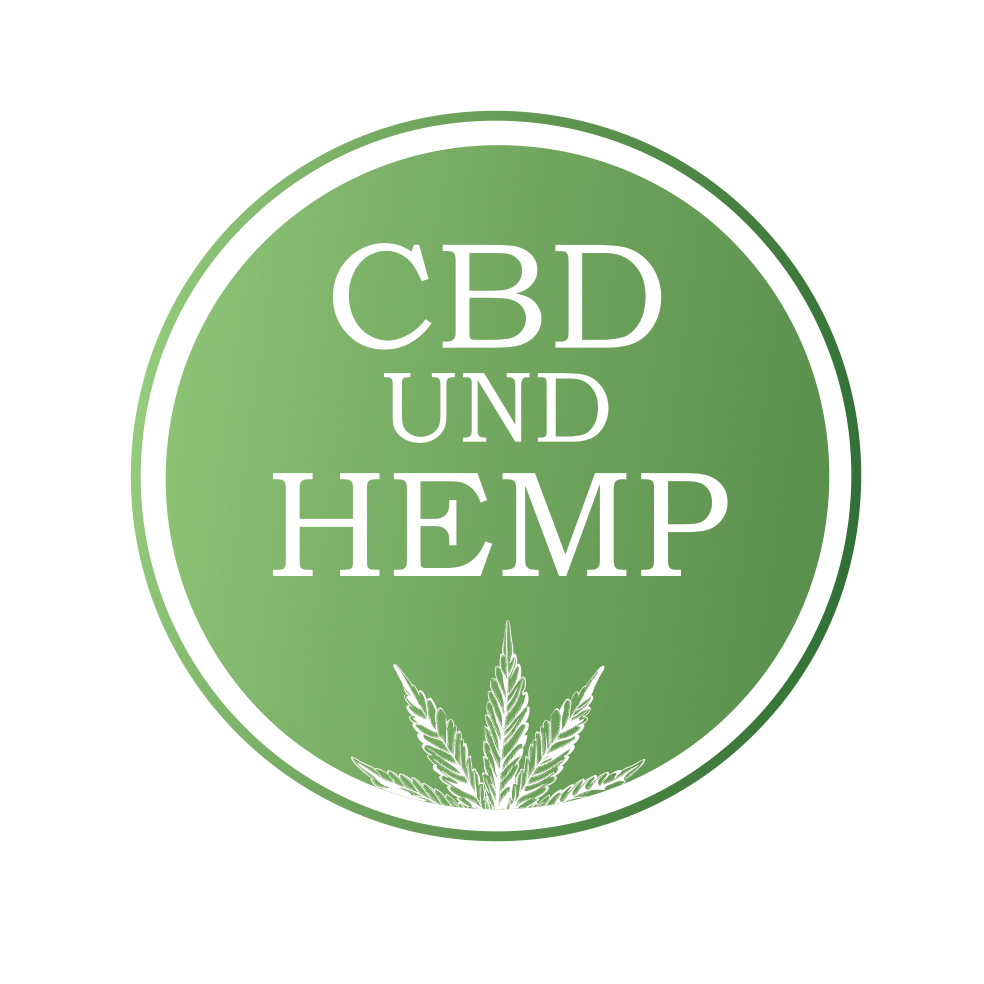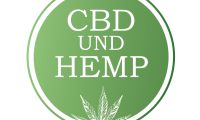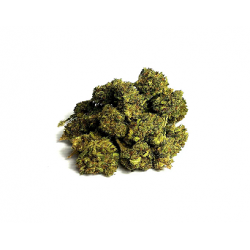
What is the solution? How can I safely buy CBD online? While this problem has definitely gotten out of hand, the solution is actually quite simple. Awareness and education.
10 Things to Know Before Buying a CBD
While less than a decade ago, consumers were limited to a few product options, from several different brands; today, they can jump online and choose from hundreds of different brands and dozens of different products, such as e-liquids, beverages, current articles, and more.
More is not always better
Just like any industry, there are low quality products, high quality products and everything in between.
The problem in the CBD industry; however, how to choose good products from the bad is not exactly well known.
As a result, consumers blindly buy online CBD based on what trend or which brand has the best marketing strategy. Often, this creates an environment where low-quality products can be disguised as high-quality products.
This can lead to wasting money on low quality products, not getting the benefits you need, and sometimes even endangering your health.
What is the solution? How can I buy CBD safely online?
While this problem has definitely gotten out of hand, the solution is actually quite simple.
Awareness and education.
As the market becomes more saturated, it is becoming increasingly important for consumers to understand what to look for in a good CBD product.From understanding laboratory reports to assessing product quality, this guide will prepare you for CBD safe online shopping.
1. Has the product been tested by a third party laboratory?
The first thing I pay attention to when buying CBD products is if the product has been tested by a third party lab. Once tested, laboratory reports for that product should be readily available on the company’s website.
If lab reports are not found, it can mean a lot. Perhaps the laboratory report revealed that the product did not contain the specified amount of cannabinoid or that the product contained harmful contaminants. However, most companies do not do this primarily for privacy reasons.
Either way, without a lab report, we really have no way to confirm what’s in a particular product or whether it’s safe to use. Therefore, it is extremely important that you always look for a valid certificate of analysis (laboratory report) before purchasing any online CBD product.
Please note that some companies may only submit their laboratory reports if you have purchased their product or submitted a formal application. In this case, you can always contact the company and submit a request to review the laboratory reports.
If the company does not respond or does not mention laboratory reports or tests anywhere on its website, I would be very careful if I buy a product from them. In this case, you’d rather switch stores, even if it’s a big brand!
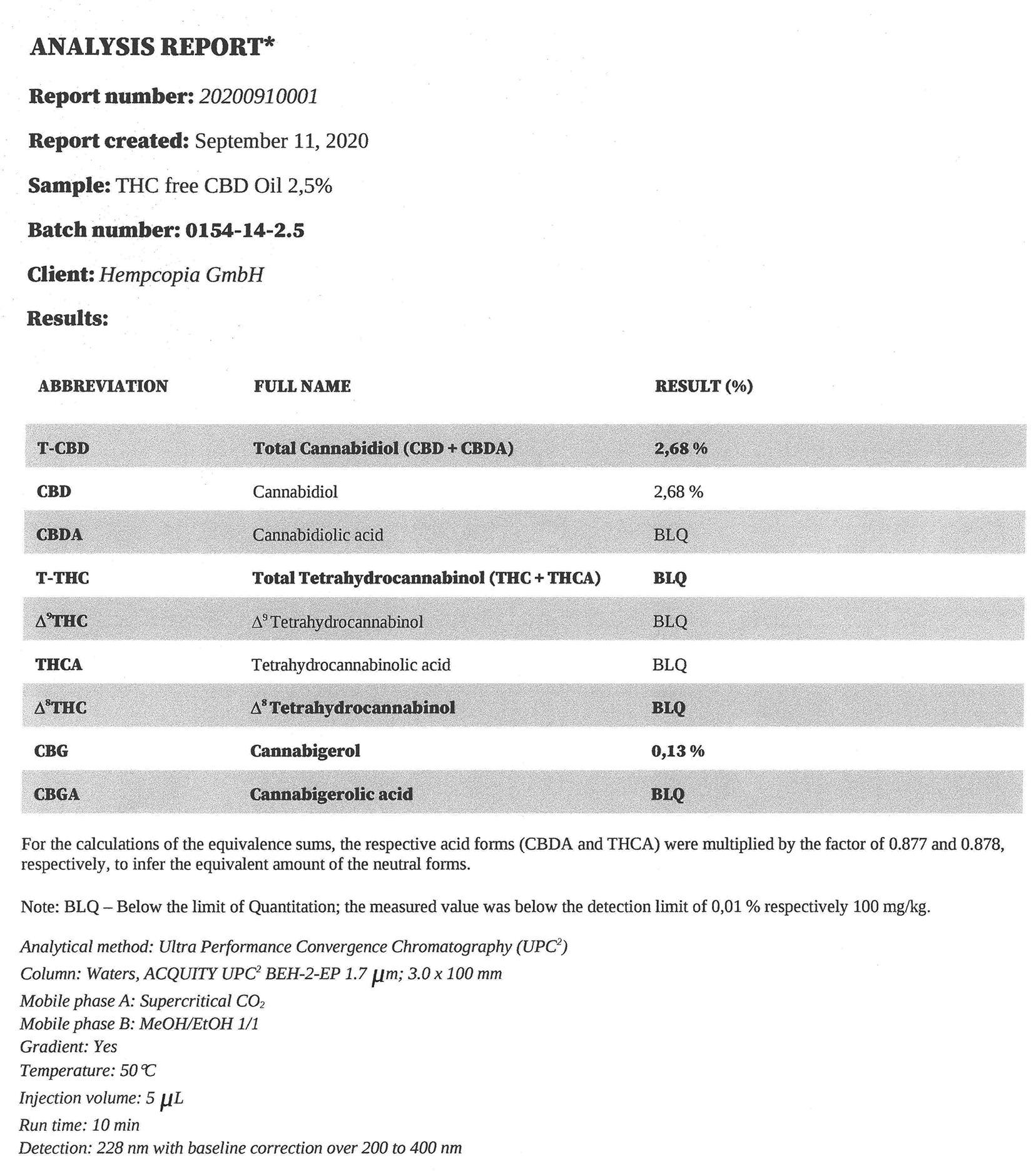
What should you look for in a lab report?
Once you've found the product's lab reports, you'll need to confirm a few things:
Was the analysis performed by an accredited laboratory?
This is very important. Like shadow companies, there are shadow laboratories that do not follow proper procedures to ensure the accuracy of reports.
The way to identify good ones is to ensure that they are accredited according to the International Organization for Standardization (ISO). While there are other accreditation programs, such as ILAC, ISO accreditation is typically the standard for reporting cannabis analysis.
There are currently no specifications for how often a CBD product should be tested.
- Does the laboratory report confirm that the product is free of impurities?
During the analysis process, the laboratory determines whether the sample contains harmful contaminants such as heavy metals or microbial contaminants such as mold or bacteria (usually found at the end of the report).
If the sample contains a contaminant that is lower than the limit value present in the sample, the analysis report shall indicate “Pass” in the “Status” column. This is what you want to see.
If the sample contains a contaminant that exceeds the safe limit, the analytical report shall list “Defective” in the “Status” column. It’s a big red flag and I would definitely stay away from this product.
- Is the cannabinoid content in the product consistent with the analysis report?
The primary component of the product analysis report is a summary of the cannabinoid profile and concentration in the sample.
Put more simply, this means listing all cannabinoids detected in the sample, along with the concentration in the sample.
When evaluating the analytical report of a product, you must make sure that the cannabinoid content on the product label is in accordance with those listed in the product's laboratory report.
For example, if a product is labeled as containing 1000 mg of CBD, this content should be confirmed in the product’s laboratory report.
While it is normal for cannabinoid content to vary slightly, the large difference is certainly a cause for concern.
2. Does the product contain 0.3% or less THC?
In order for a CBD product to remain legal, it can only contain a certain amount of THC. This is currently 0.2, 0.3%.

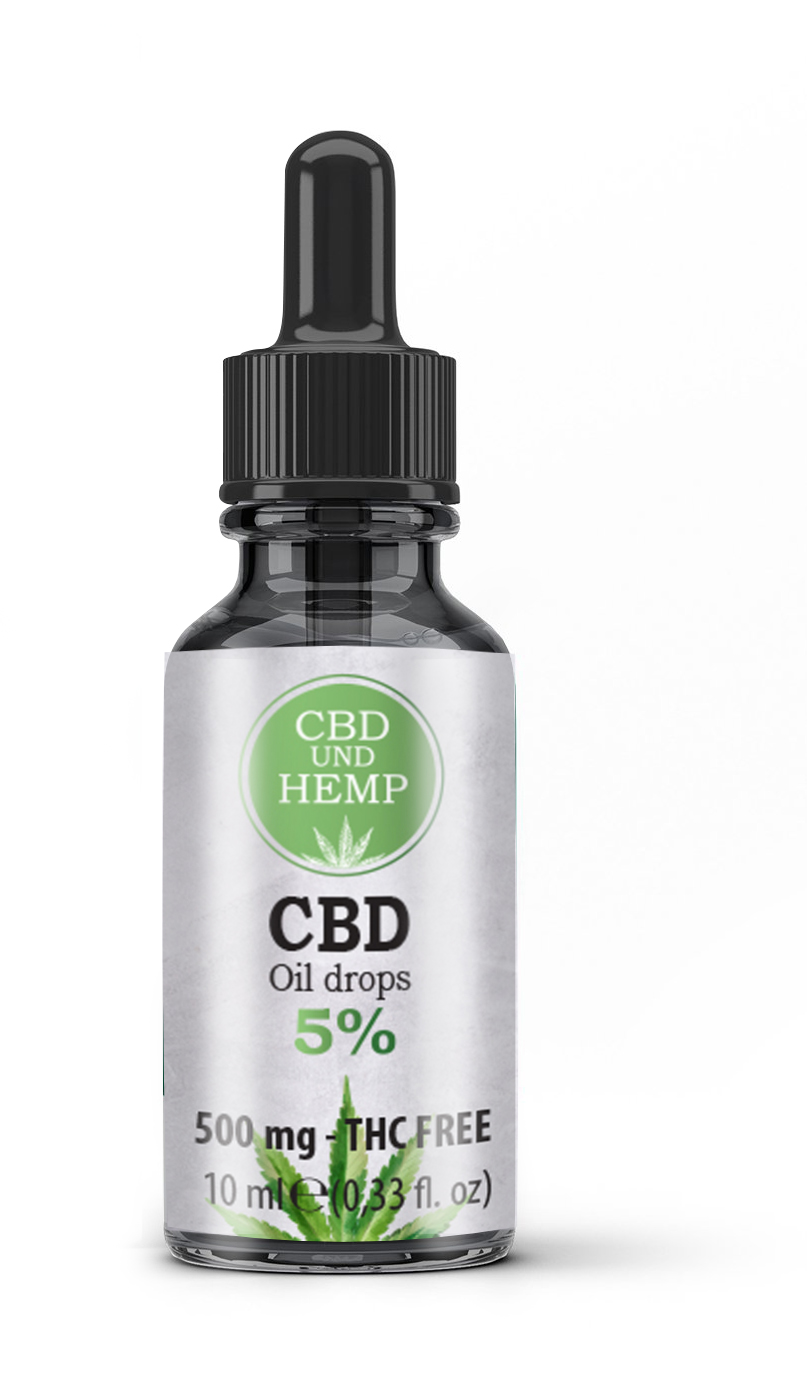
3. What ingredients are used in the product?
The next thing you should look at is a list of product ingredients.
Positive highlights to look for in a good product if the product uses organic and natural ingredients or if the product contains premium ingredients that have been added to increase the benefits of the product (e.g. melatonin in CBD sleeping capsules or vitamin B12 in case of pain) relief).
4. Where does hemp come from and how is it grown?
Hemp is the primary source from which CBD is extracted, and the quality of this hemp plays a major role in the quality of the final product.
While some CBD brands maintain a close relationship with hemp suppliers in order to use the best quality hemp, others prefer to get the lowest possible price. It is common for brands to buy CBD isolate from wholesalers and have no idea where hemp comes from or how it is grown.
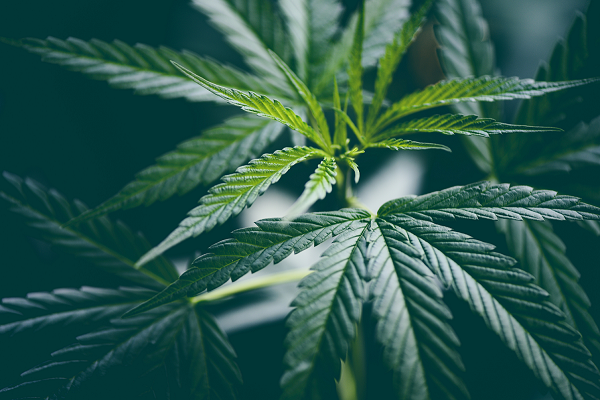
5. What type of CBD is used in the product?
When buying CBD products, consumers have a choice between products containing “full spectrum CBD”, “broad spectrum CBD” or “CBD isolate”.
It is extremely important to understand the differences between the three and which type is used in CBD products.
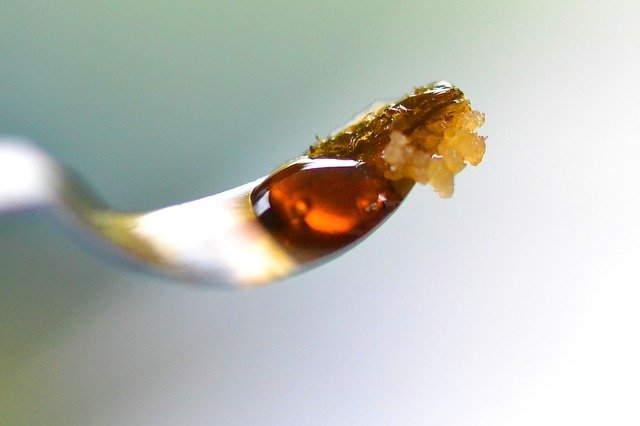
So what is the difference between full spectrum, broad spectrum and CBD isolation?
First, the difference between each type relates to the cannabinoid extraction process.
CBD isolate is pure CBD obtained from the hemp plant and then isolated from the other cannabinoids present, resulting in a 99% pure CBD extract.
Full-spectrum CBD is the CBD obtained from the hemp plant, along with all other cannabinoids present, including THC.
Broad Spectrum CBD is a bit of a mix between both the CBD isolate and the Full Spectrum CBD. Essentially, broad-spectrum CBD is full-spectrum CBD without THC.
6. How was the CBD extracted?
There are several different methods for extracting CBD; however, CO2 extraction is the standard because it delivers a safe and clean end product.
7. The amount of CBD in each dose
Before you buy a CBD product, it is important to understand how much CBD is in the product. This will tell you how much CBD is in a dose, which you can use to assess how that particular product fits your lifestyle. Depending on the type of product, the dosing method may vary.
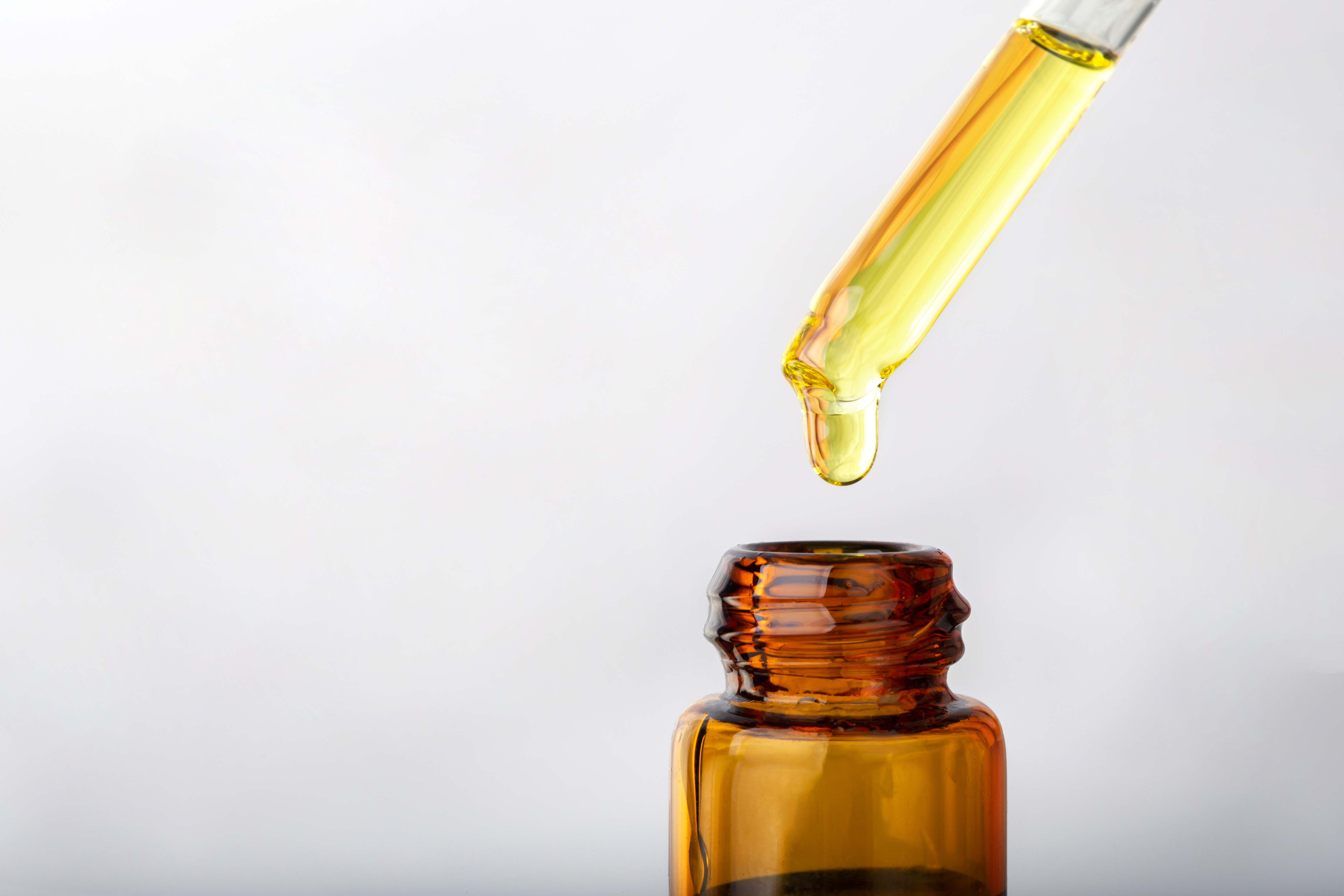
8. Is the product fairly priced?
When buying any CBD product, price is usually an important factor as you want to ensure that it does not break off.
Before you buy any CBD product, take due care and make sure you don’t pay too much for a product by providing these simple questions:
How does the product relate to similar opportunities?
Be it CBD tincture, CBD chocolate or CBD vaporizer, compare the price of the product with three other products with the same CBD concentration.
If at the same price or lower, great. If not, let’s look a little deeper.
Is the retail price of the product the actual price you will end up paying?
A product may seem more expensive than another solution when it is cheaper, taking into account discounts, shipping, and rewards.
Before you immediately reject a product because it is more expensive, be sure to compare the brand’s discounts and incentives with other options you can consider.
Sometimes a higher priced product can be cheaper. This element is quite subjective, with many factors influencing whether a product is judged to be cheap, expensive, or reasonably priced. A distorting element in the formula is currency / currency exchange rates.
9. Does the company have a bad reputation? What do others say about the product and the brand?
An excellent way to assess the legitimacy of a product or brand is to review your experience with the product and brand.
10. Is CBD legal in your state?
The last item on our list does not necessarily apply to the product in question, but it is essential that you be aware of it before purchasing any CBD product.Is CBD legal to buy and use in your state?
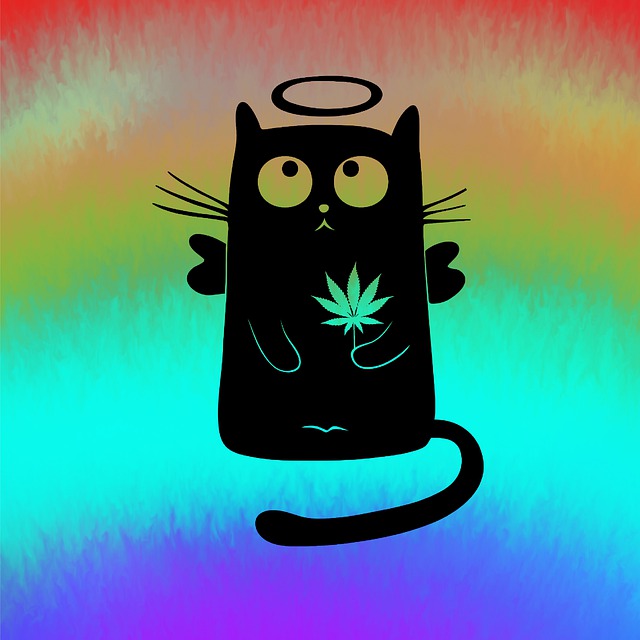
Although the legal status of the CBD is definitely evolving, it is still a gray area of the law, especially if the CBD product contains THC.
While hemp-derived CBD is considered legal in most states, some states have certain requirements for using CBD, while others have strict laws to the contrary.
In addition, you should be aware of the THC content of the product and if the CBD was obtained from hemp or marijuana, as CBD derived from marijuana is subject to the same laws as marijuana because of its potential THC content.
/sources: www.iso.org, www.iac.org , www.europa.eu , www.cbdorigin.com /
facts
1. Has the product been tested by a third party laboratory?
2. Does the product contain 0.3% or less THC?
3. What ingredients are used in the product?
4. Where does hemp come from and how is it grown?
5. What type of CBD is used in the product?
6. How was the CBD extracted?
7. Amount of CBD in each dose
8. Is the product fairly priced?
9. Does the company have a bad reputation? What do others say about the product and the brand?
10. Is CBD legal in your state?
